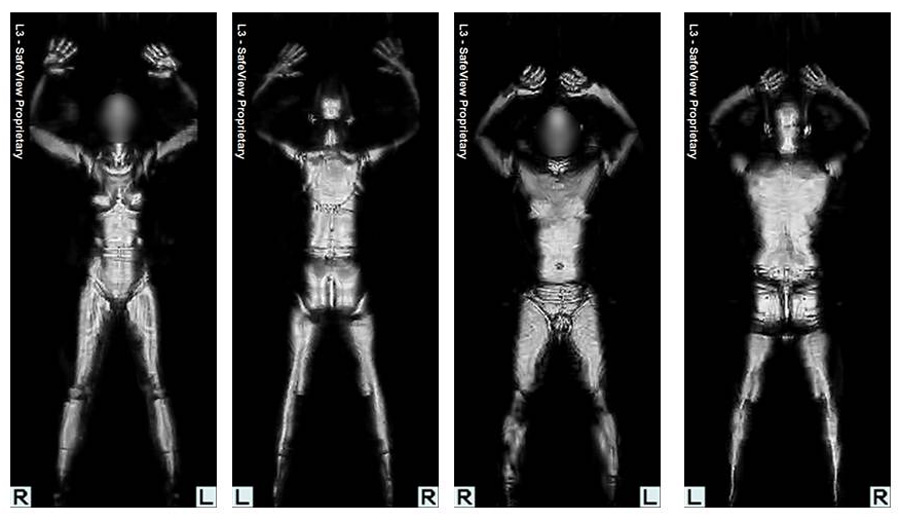CONTACT: Micah McCoy, (505) 266-5915 Ext. 1003 or [email protected]
ALBUQUERQUE, NM – Today, the ACLU of New Mexico (ACLU-NM) announced the hiring of Albuquerque attorney Laura Schauer Ives as its new Managing Attorney. Ives takes over a legal program that litigates 30 to 40 cases every year to advance civil rights and civil liberties in New Mexico. Ives brings with her over a decade of diverse civil litigation experience with special expertise in constitutional and civil rights law.
Ives attended the University of New Mexico for her undergraduate studies and went on to earn her Juris Doctor at the University of New Mexico School of Law. In law school, Ives focused her studies on Constitutional Law, Constitutional Rights, Criminal Procedure, Church and State and First Amendment issues.
After graduation, Ives joined a small plaintiffs’ firm in Santa Fe, where she represented employees in discrimination cases including Gates v. Wal-Mart, the largest civil rights class action suit ever filed. Ives also served as an Assistant Public Defender for the City of Albuquerque where she gained significant trial experience defending a diverse population. During this period, Ives bolstered her constitutional law experience in the areas of privacy, due process, and protection against unwarranted searches.
Over the past six years as a contract attorney, Ives litigated a wide variety of civil cases including guardianship proceedings through the Office of Guardianship involving alleged incapacitated adults. In this same period as a sole practitioner, Ives represented plaintiffs in employment discrimination claims involving age, gender, ethnicity and First Amendment retaliation.
"We are thrilled to have Laura as part of our team,” said ACLU-NM Executive Director Peter Simonson. “Her diverse legal experience and passion for social justice will lead our legal program to build on the successes of the past and open up new directions for the future of our work.”
###
The mission of the American Civil Liberties Union (ACLU) of New Mexico is to maintain and advance the cause of civil liberties within the state of New Mexico, with particular emphasis on the freedom of religion, speech, press, association, and assemblage, and the right to vote, due process of law and equal protection of law, and to take any legitimate action in the furtherance and defense of such purposes. These objectives shall be sought wholly without political partisanship.